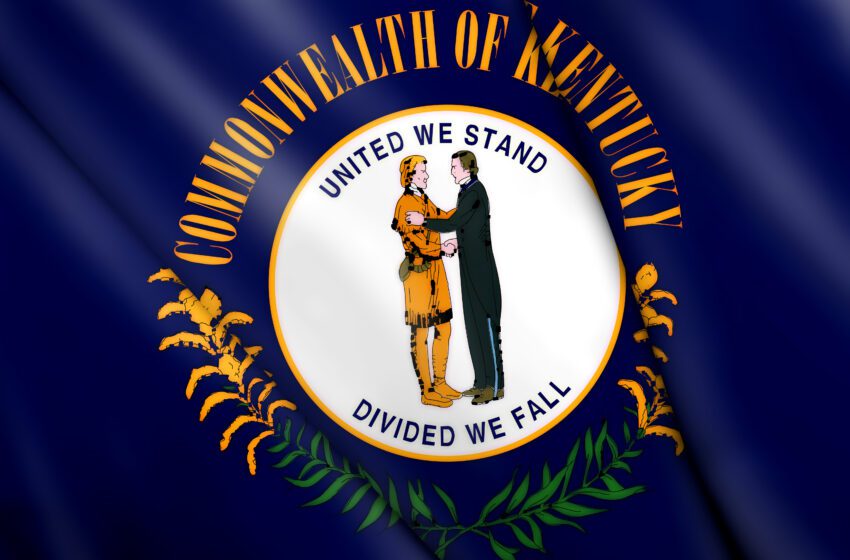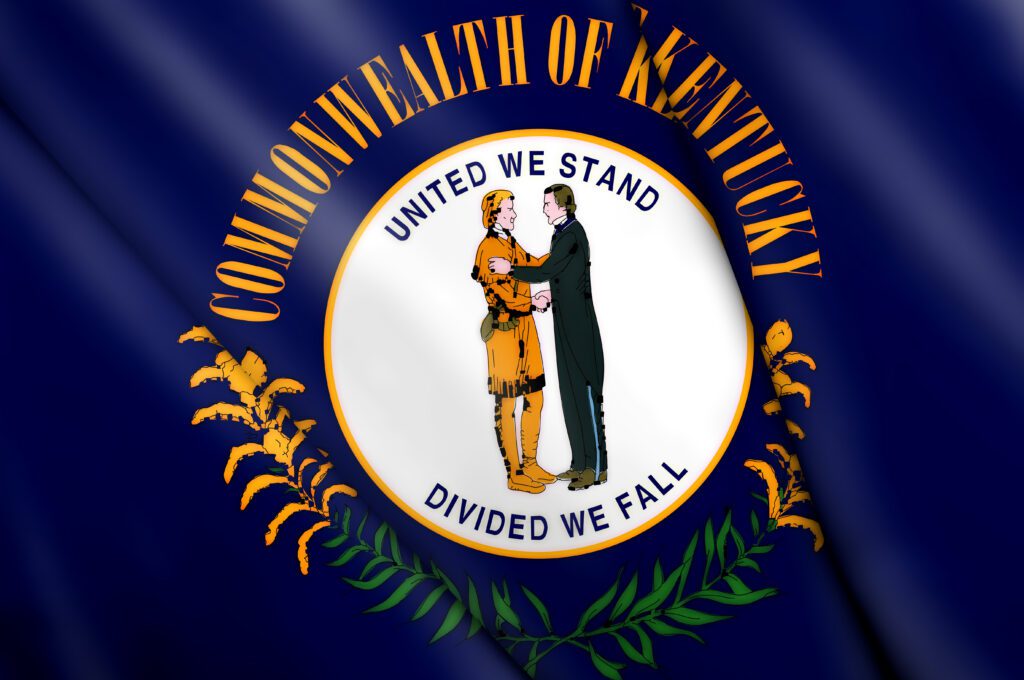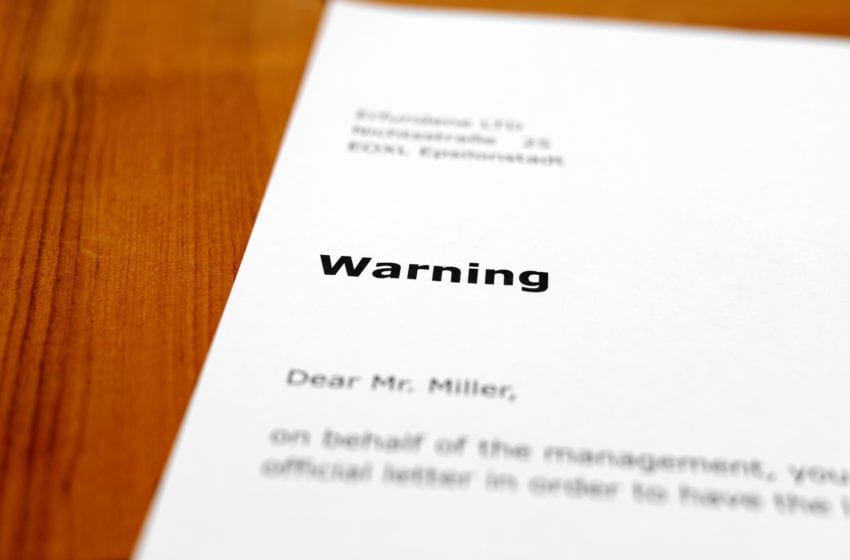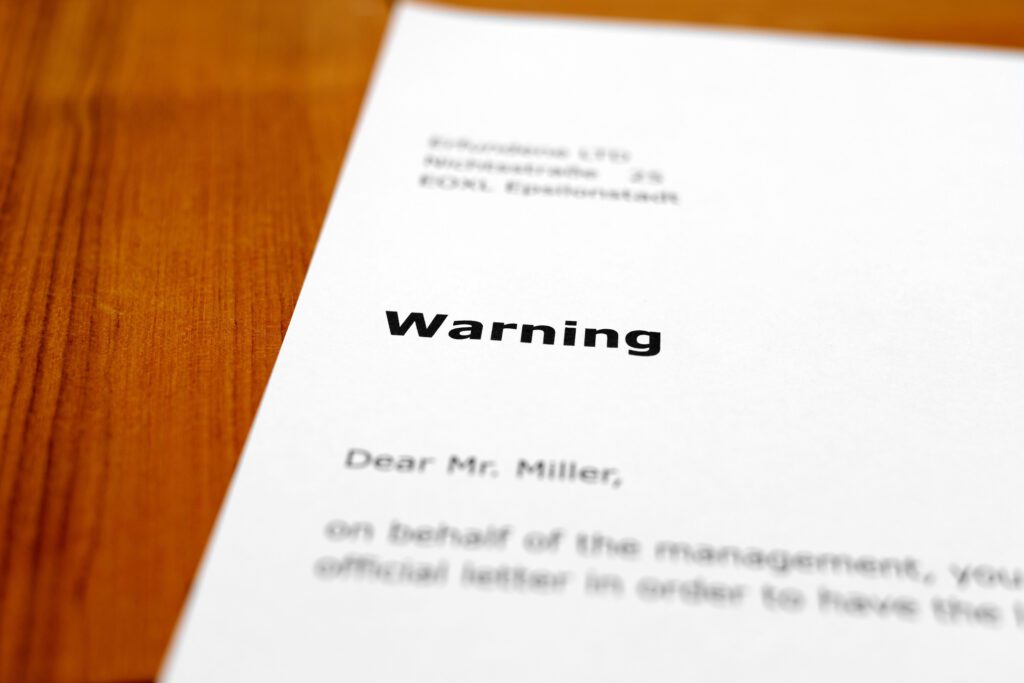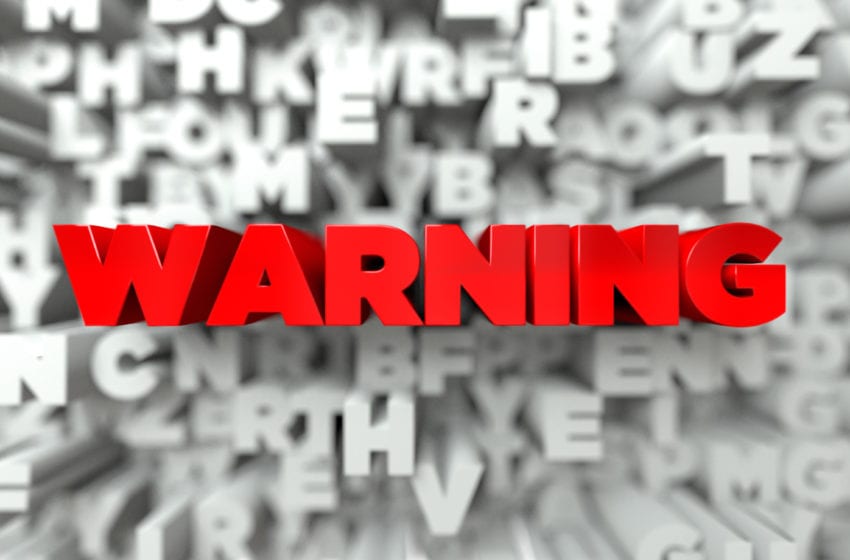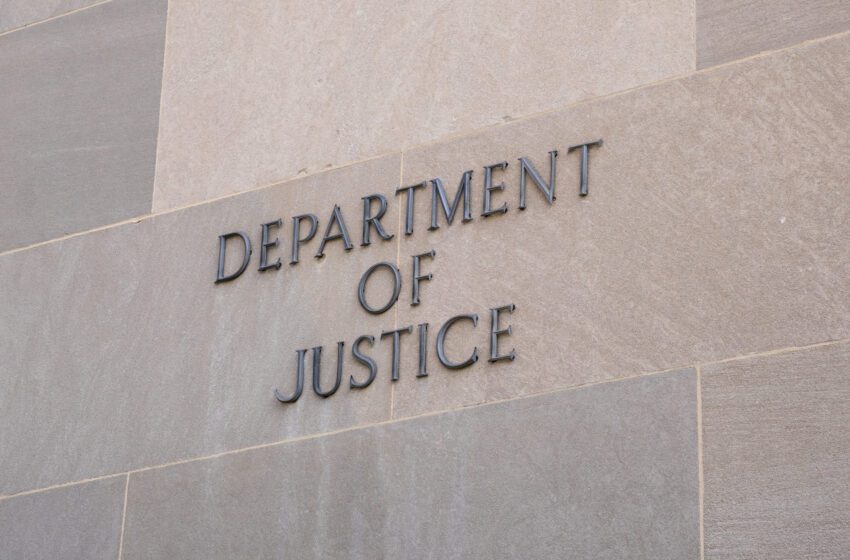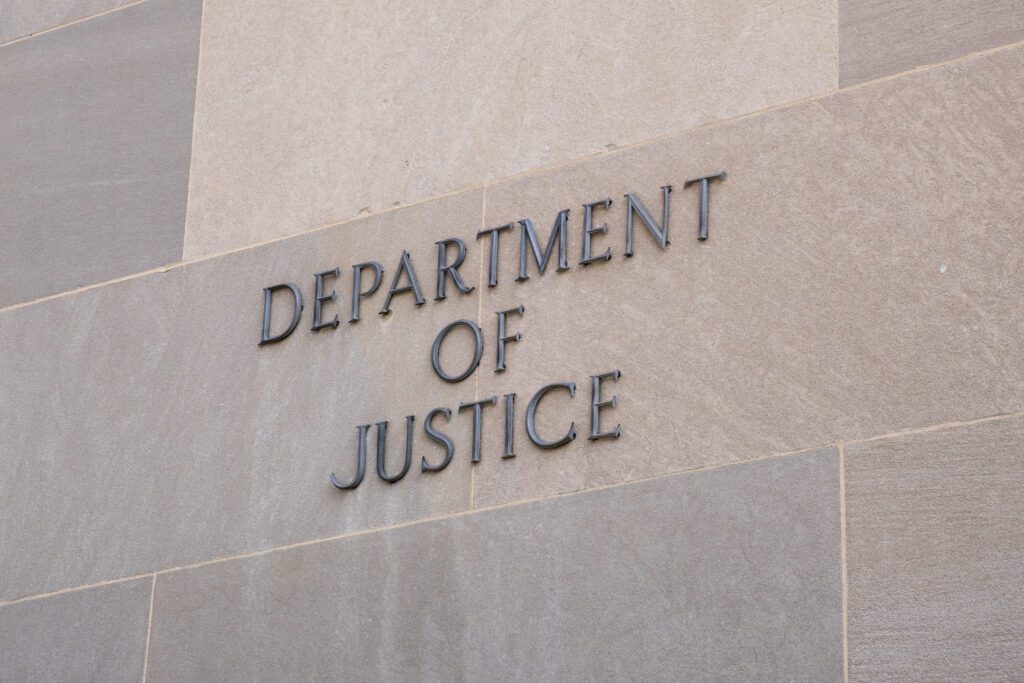New York City Mayor Eric Adams and New York City Acting Corporation Counsel Muriel Goode-Trufant announced that the City of New York has filed a federal lawsuit today against a major distributor of disposable flavored e-cigarettes,
The defendant – Price Point Distributors, Inc., based in Farmingdale, Long Island – is accused of distributing e-cigarettes with flavors such as snow cone, strawberry shortcake, and Hawaii Punch to retail stores and directly to consumers in New York City and around the country through online sales, violating nearly every applicable federal, New York state, and New York City law governing the sale of such products.
The lawsuit seeks to block Price Point Distributors, Inc., from further sales of these illegal items, seeks both monetary damages and fines, and marks the latest effort by the Adams administration to curb illegal sales of flavored e-cigarettes, which are appealing and addictive, especially to teens, according to media reports.
“Part of protecting public safety means protecting the health of New Yorkers, including our most vulnerable – our children, who are more susceptible to nicotine addiction, especially when products are flavored to make the taste less harsh,” said Adams. “Protecting young New Yorkers means stubbing out illegal vape and e-cigarette sales that target them.
“Today’s lawsuit alleges that Price Point Distributors knew it was breaking laws by selling flavored cigarettes to New Yorkers, and even took measures to conceal these illegal sales from federal, state, and local authorities. This lawsuit, as well as our continued efforts to shut down illegal smoke shops, go hand-in-hand with the work our administration is doing to bring down overall crime in our city.”




